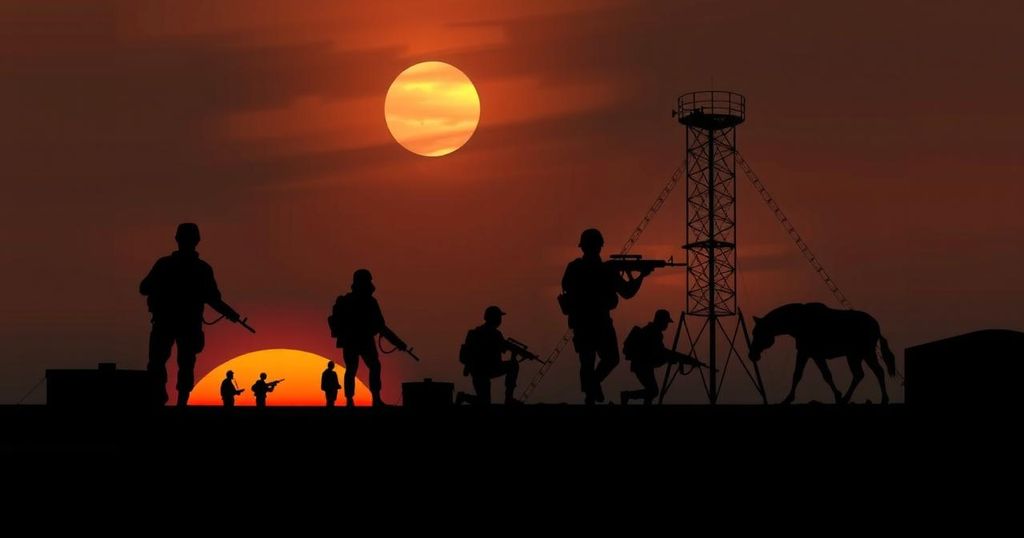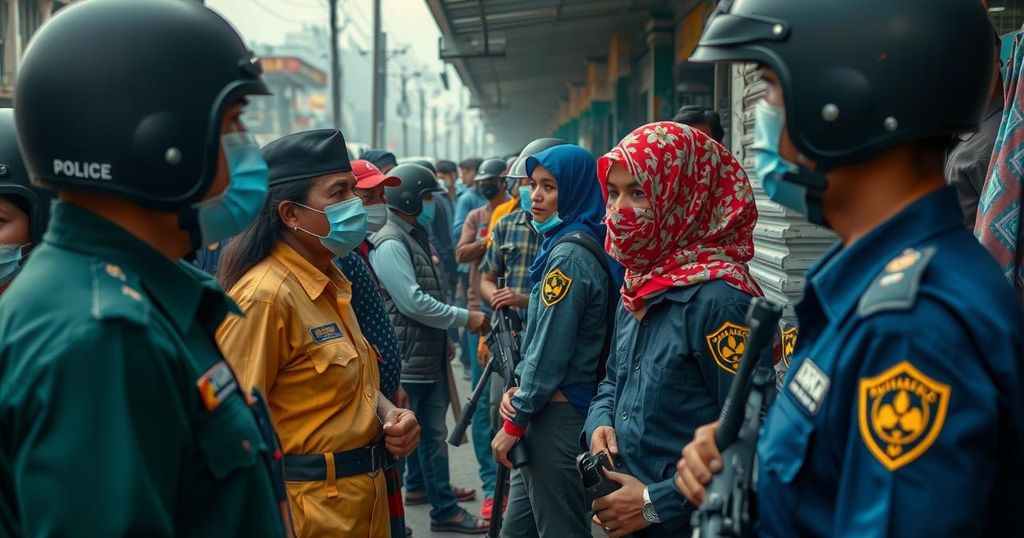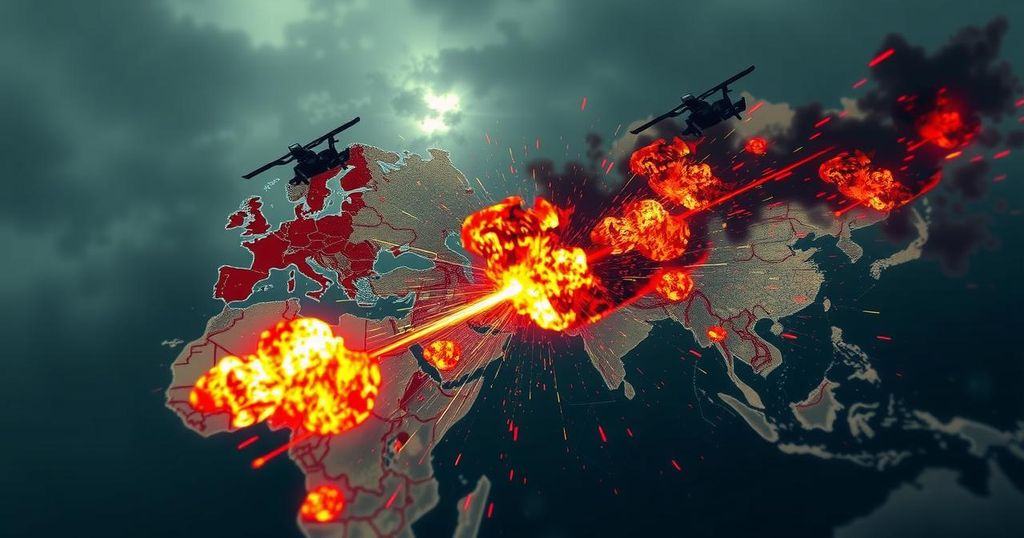Ethiopia’s Concerns Grow Amid Egypt’s Military Engagement in Somalia
Ethiopia has expressed significant concern regarding Egypt’s recent deployment of military forces and weapons to Somalia, as reported by security officials from The National on Thursday. This development comes under a military cooperation agreement signed by members of the Arab League earlier this month. Ethiopia, a neighboring rival of Somalia and Egypt, has vocally opposed this move, warning that it will not remain passive as external actors contribute to the destabilization of the Horn of Africa.
The rift between these nations has widened following Ethiopia’s agreement with Somaliland, a breakaway region from Somalia, involving the leasing of coastal land in exchange for potential recognition of its independence. Somalia reacted strongly to this arrangement, declaring it as an infringement on its sovereignty and pledging to thwart it by all possible means. Furthermore, the Somali government has hinted at the possibility of expelling approximately 10,000 Ethiopian troops currently stationed in its territory on a peacekeeping mission if the aforementioned deal remains in effect.
As the political tensions rise, Egypt aims to apply for participation in a new African Union peacekeeping force in Somalia next year. For more than a decade, Egypt and Ethiopia have been embroiled in conflict over the construction of the Grand Ethiopian Renaissance Dam (GERD), which Cairo fears will diminish its share of Nile water, a resource upon which Egypt relies almost entirely for fresh water. Protestations from Cairo, which is among the world’s most arid nations, have underscored its assertions that the dam poses a direct threat to its survival. Conversely, Ethiopia defends its right to build the dam, stating it is vital for its developmental aspirations and has accused Egypt of interfering in its domestic issues, particularly by supporting secessionist factions in the Tigray region.
Recent reports indicated that two military transport aircraft from Egypt landed at Mogadishu airport, carrying arms, ammunition, and around 300 commandos as part of an initial contingent of a larger deployment expected to reach the low thousands. This group is tasked with training Somali military units and safeguarding critical government assets. Future shipments of Egyptian-made military equipment, including armored vehicles and advanced weaponry, are anticipated.
The establishment of an Egyptian military presence in Somalia, coupled with Cairo’s plans to contribute to regional peacekeeping efforts, situates its troops dangerously close to Ethiopian forces, raising the prospect of potential hostilities. A conflict between Ethiopia and Egypt could further destabilize the Horn of Africa at a time when global powers are keenly interested in maintaining peace in the area, which holds strategic significance due to its extensive Red Sea coastline and the increasing risks of broader regional conflict.
Ethiopia’s Foreign Ministry criticized the military actions of external actors, asserting that the Horn of Africa was entering a precarious phase. Officials argued that Ethiopia is committed to fostering peace and security within Somalia and the broader region while accusing the Somali government of aligning with foreign powers aimed at sowing discord.
The ongoing negotiations over the GERD between Egypt and Ethiopia have been fraught with tension, with both nations frequently resorting to inflammatory rhetoric and threats. The recent military cooperation agreement signed between Egypt and Somalia represents yet another strategy employed by Cairo to assert its influence over its neighboring countries within the Nile Basin and the Horn of Africa.
In a recent statement, President Abdel Fattah El Sisi assured Somalian President Hassan Sheikh Mohamud of Egypt’s unwavering support, emphasizing that his country would not tolerate any threats to Somalia’s security. These developments illustrate the complexities of regional politics, as well as the intricate relationships between the countries involved, highlighting the fragility of peace in a geopolitically significant area.








Post Comment